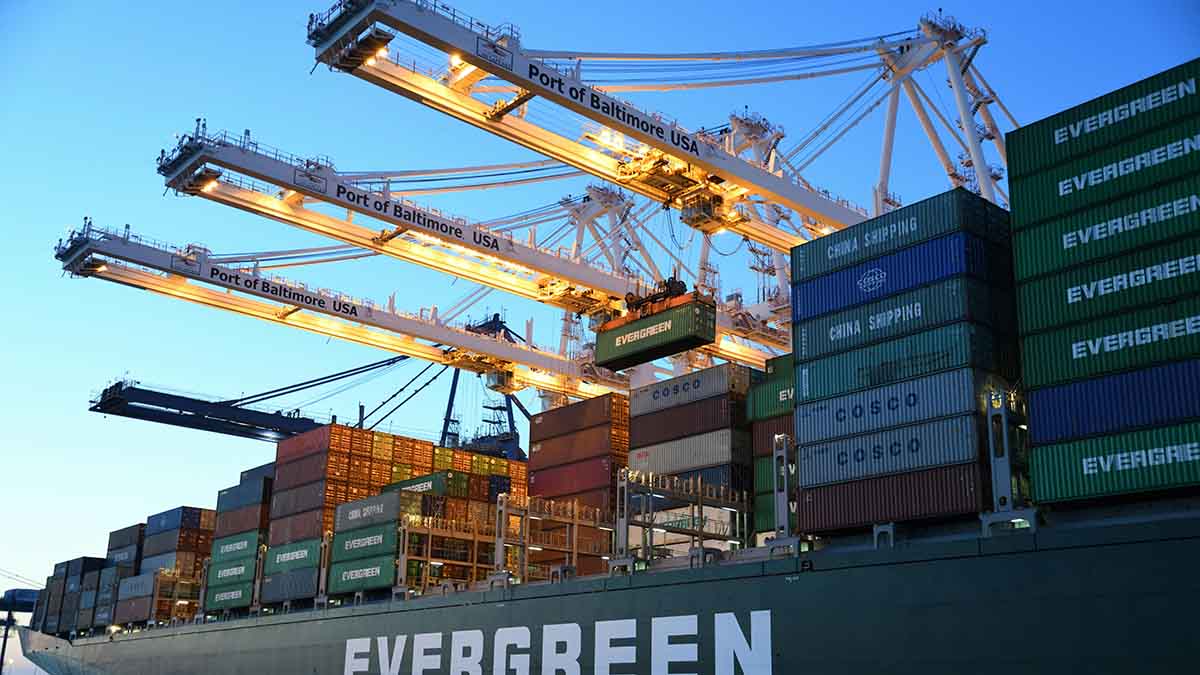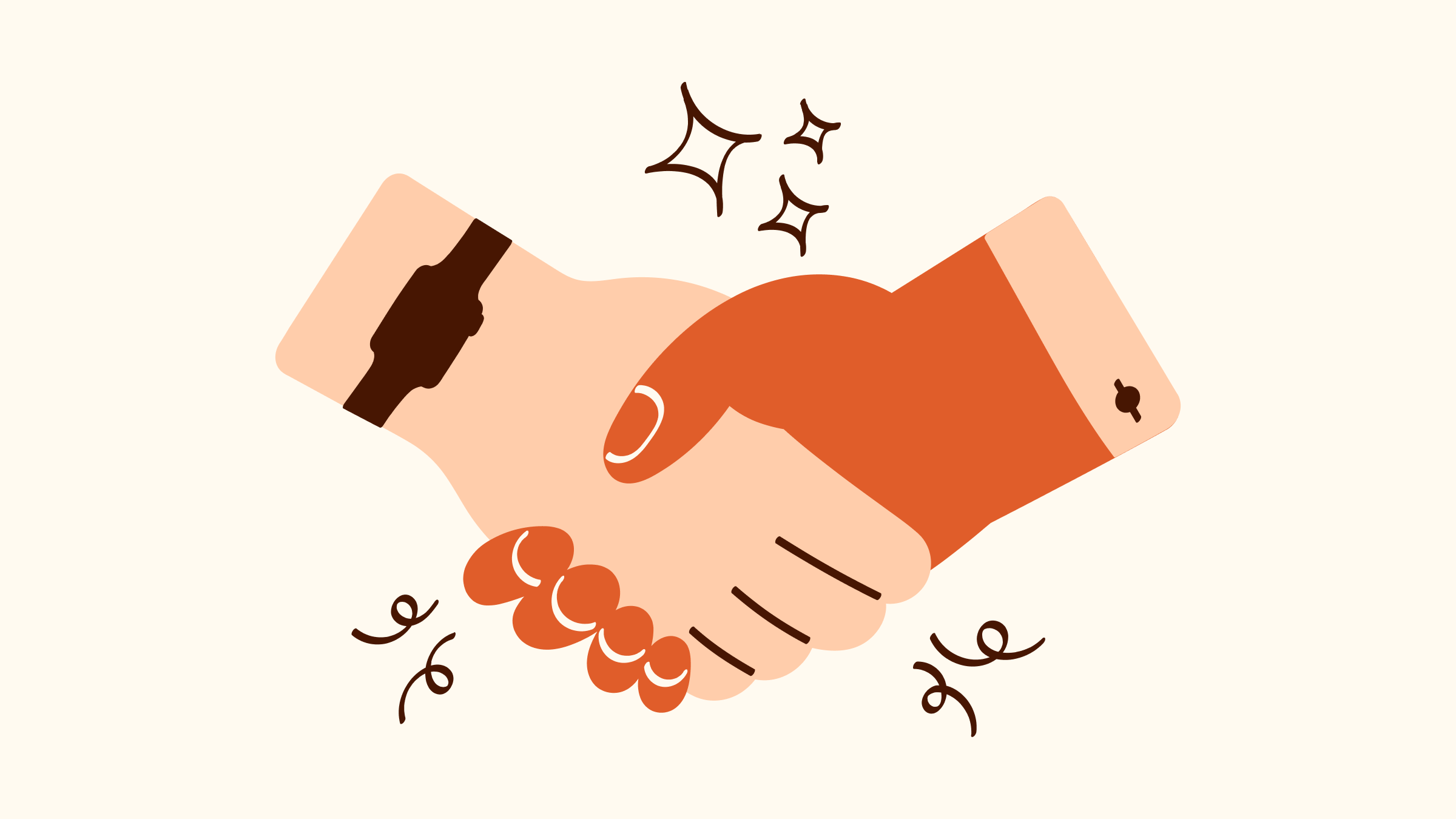E-commerce business is booming. So, more than ever, companies rely on logistics as an important part of their supply chain processes.
Enter 3PL. You may have seen the term “3PL” before and wondered what it means and how it’s used in your industry.
In this blog, we’ll answer the question, “What is 3PL logistics?” and dive into everything you need to know about how a 3PL system works. When you understand this 3PL meaning and apply it, you:
- Simplify your operations to be more efficient.
- Organize your inventory management system.
- Find potential bottlenecks in your logistics.
- Save time and money.
Let’s get started!
3PL meaning in logistics
3PL stands for third-party logistics. You use a 3PL company when you need to outsource operations such as:
- Transportation.
- Warehousing.
- Packing.
- Inventory management.
- Fulfillment.
The main 3PL meaning and purpose are to:
- Optimize your logistics process.
- Provide cost-effective solutions.
- Improve the efficiency of your business.
What is the 3PL logistics process?
The 3PL logistics process starts by outsourcing supply chain operations to a third party. This third party can:
- Store your products in a warehouse.
- Manage its inventory.
- Fulfill orders, shipping logistics, and returns.
The goal is to simplify these operations to make your supply chain more efficient.
What is a 3PL company?
Logistic 3PL companies specialize in providing logistics services to businesses like yours. These companies have industry expertise in managing supply chains and providing practical solutions like:
- Inventory tracking and storage.
- Transportation.
- Distribution services.
- Fulfillment centers.
By partnering with a 3PL company, you can leave the complexities of logistics to the pros and focus on other tasks that add value to your business.
The growth of 3PL logistics
With the expansion of e-commerce and the globalization of supply chains, the 3PL meaning in the logistics industry has grown over the last several decades.
As a result of these new complexities, having specialized knowledge to address logistics operations is more important than ever.
How 3PL companies operate: Processes and functions
All 3PL companies are different, but they offer the same core processes. Let’s take a closer look at the main 3PL functions!
Warehouse and inventory management
When you outsource warehouse and inventory management to a third party, you don’t need to spend the money it costs to:
- Rent the storage space.
- Train staff to operate it.
- Manage your inventory.
Instead, 3PL logistics help businesses like yours:
- Reduce waste.
- Minimize warehouse storage costs.
- Ensure your products are available when needed.
Process automation
The 3PL meaning in process automation is about simplifying operations to be more efficient.
For example, automated warehouse systems use software to:
- Track and manage orders.
- Reduce errors.
- Minimize manual labor for workers.
Order fulfillment and reordering
The 3PL meaning for fulfillment and reordering involves much more than just having a warehouse space.
You need logistics to:
- Organize shelves.
- Maintain inventory levels.
- Track the location of each product.
This keeps the supply chain efficient and improves customer satisfaction with timely deliveries.
Freight shipping and receiving
After workers finish picking and packing orders, your 3PL system builds relationships with shipping carriers to deliver the order quickly and with minimal transportation costs.
3PL logistics saves business owners money on shipping rates due to the economies of scale. As they simultaneously manage shipping for many high-volume businesses, you can benefit from shipping process cost savings.
Benefits of 3PL third party logistics
Boost your efficiency
Outsourcing logistics to a 3PL provider is an effective way to boost your operational efficiency.
3PL companies have the advanced technologies and know-how to optimize your logistics processes in the most efficient way. By offloading these operations to the experts, you can focus on building your business.
Expand your reach
3PL logistics make it easier to expand your reach and customer base without high investment costs. By taking advantage of the global network of a 3PL provider, you can more easily distribute your products across new regions.
Improve customer experience
Faster deliveries play a big role in satisfying customer demands.
With big box competitors setting high expectations for fast shipping services, offering quick delivery times is a great way to improve customer loyalty and earn repeat business.
Automate logistics processes with ease
Automation is a large part of any 3PL meaning in logistics. From order tracking to inventory management, software technology exists to calculate the most optimal routes and deliver accurate delivery estimates.
As a result, you free up resources for to focus on other important business activities.
3PL vs. 4PL
While the 3PL meaning is third-party logistics, 4PL (fourth-party logistics provider) takes it a step further.
The main difference between 3PL and 4PL is that 3PL services only execute logistics activities and provide assets (e.g., warehousing). On the other hand, 4PL providers oversee the entire supply chain of your business.
A 4PL company acts as a single point of contact, as it handles 3PL services along with the other areas of your supply chain.
3PL vs. freight forwarding
The main difference between 3PL and freight forwarding is that 3PL provides a broad range of services, such as:
- Warehouse operations.
- Fulfillment operations.
- Inventory management.
In contrast, the freight forwarder business model specializes in moving goods from one location to another. Freight forwarding is frequently a part of 3PL’s provided services.
Integrating Method for enhanced 3PL logistics management
From our firsthand examination, you can maximize the benefits of 3PL by integrating your systems with Method, a lead-to-cash automation tool that tackles your sales and customer processes.
Let’s take a closer look at what Method can do for your business.
Manage customer data
Access your customer information, track leads, and send emails — all from a single point of contact.
Method simplifies your sales processes by integrating with your systems so you don’t need to leave its convenient platform. In one central space, you can:
- Set follow-up reminders.
- View a customer’s history of activities.
- Manage your pipeline.
Have accounting and CRM features all in one
If you’re a QuickBooks or Xero user, Method integrates with your accounting system to automatically update your financial information.
Approve estimates and send invoices with just a few clicks. Then have them automatically sync with your QuickBooks and Xero account in real time. The results are:
- Fewer errors.
- Less time spent on manual processes.
- A well-oiled sales pipeline.
3PL meaning FAQs
Are 3PLs asset or non-asset providers?
3PLs can be either asset or non-asset providers. The main difference between them is that asset-based 3PL providers have ownership over their own warehouses and trucks. Non-asset-based 3PL service providers use partnerships and software to manage operations without owning physical assets.
How does 3PL work?
3PL works through businesses outsourcing their logistics operations to a third-party provider to manage. Third-party logistics providers help with things like:
- A warehouse management system.
- Transportation management.
- The fulfillment process on behalf of the business.
Business owners can improve their supply chain efficiency and reduce operational costs by outsourcing these operations to a third-party logistics service provider.
What are the core competencies 3PLs provide?
The core competencies of 3PLs include:
- Logistics and supply chain management.
- Inventory management.
- Warehouse management.
- Picking and packing.
- Transportation services.
- Fulfillment services.
Discover how Method empowers your business by watching this free demo!
Image credit: David Dibert via Pexels






